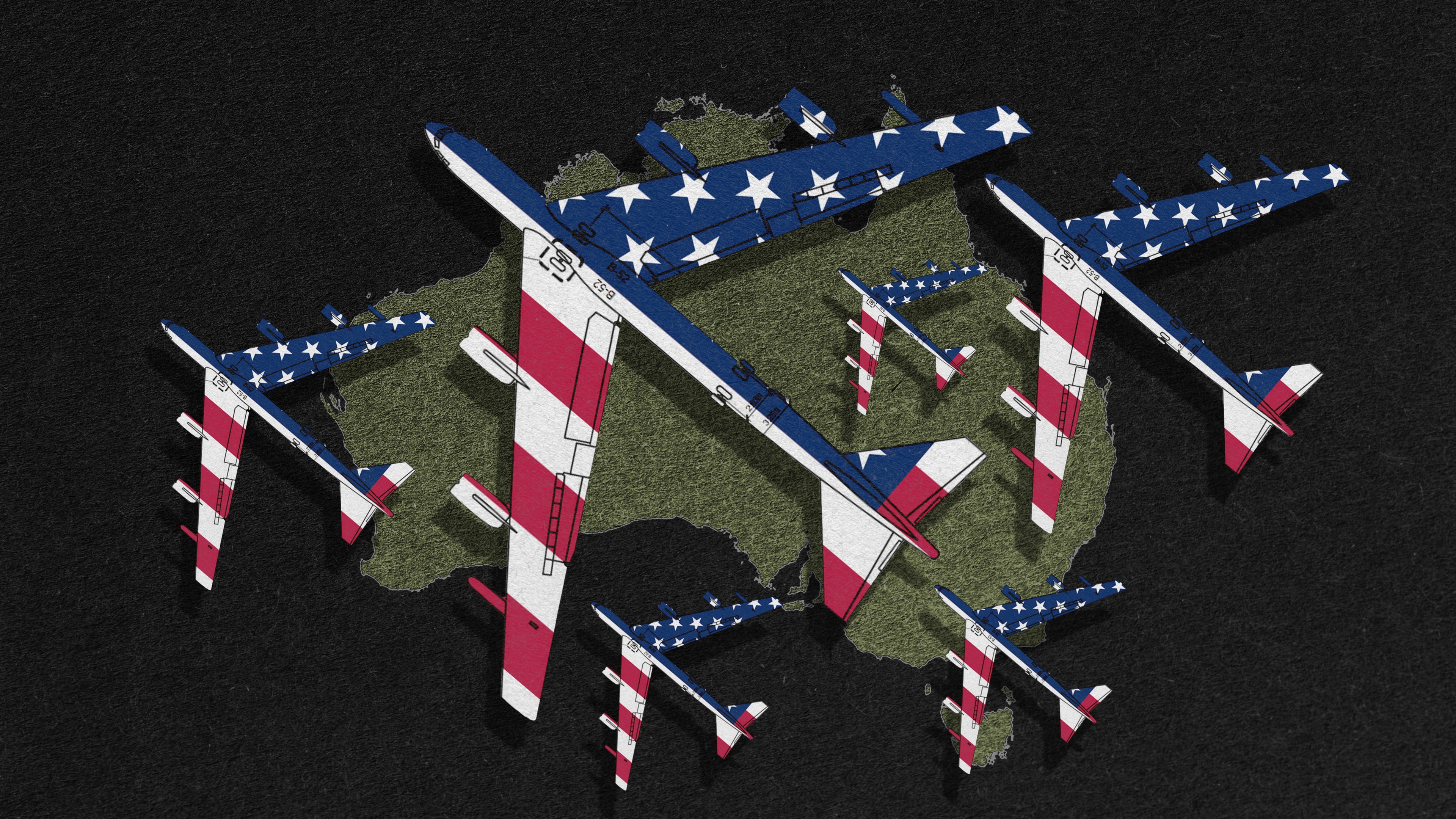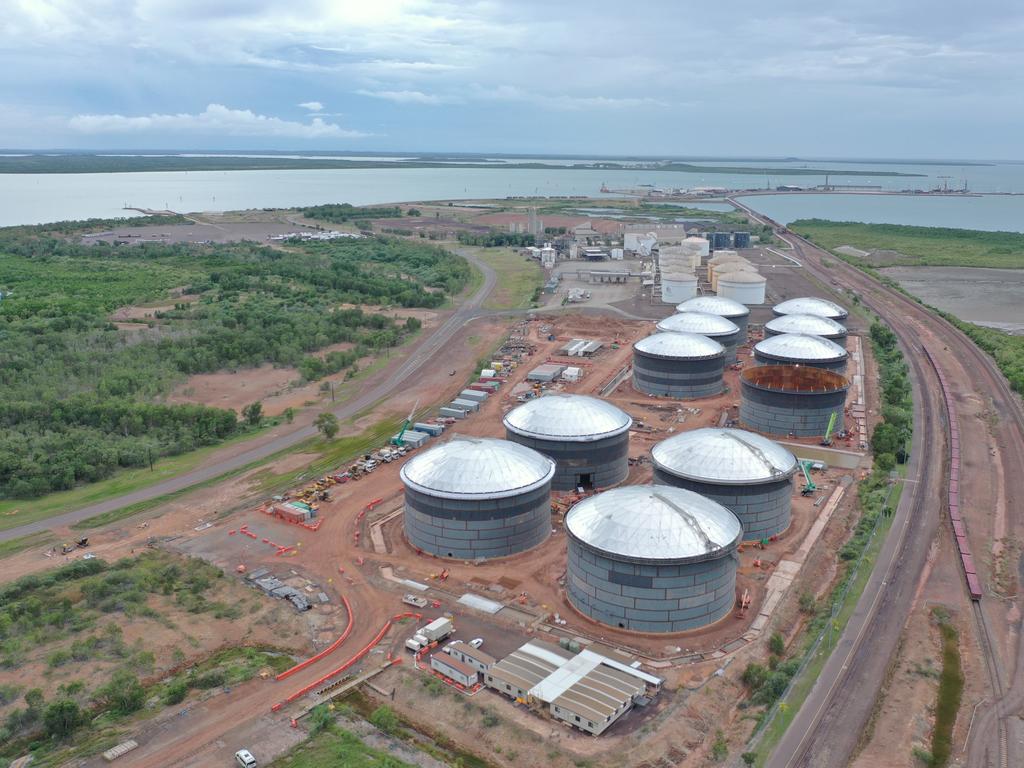US military aircraft crash over the Tiwi Islands, Northern Territory

Three American marines have been killed in a horror crash during a military exercise off the coast of the Northern Territory.
The Marine Rotational Force Darwin confirmed three of their personnel had died, while another five were flown to Royal Darwin Hospital in serious condition following an Osprey crash over the Tiwi Islands at 9.43am, Sunday.
He said the aircraft, with 23 personnel on board went down while transporting troops during a routine training exercise, known as Predators Run, near Pickataramoor, Melville Island, 80km north of Darwin.
“Recovery efforts are ongoing,” a MRF spokesman said.





